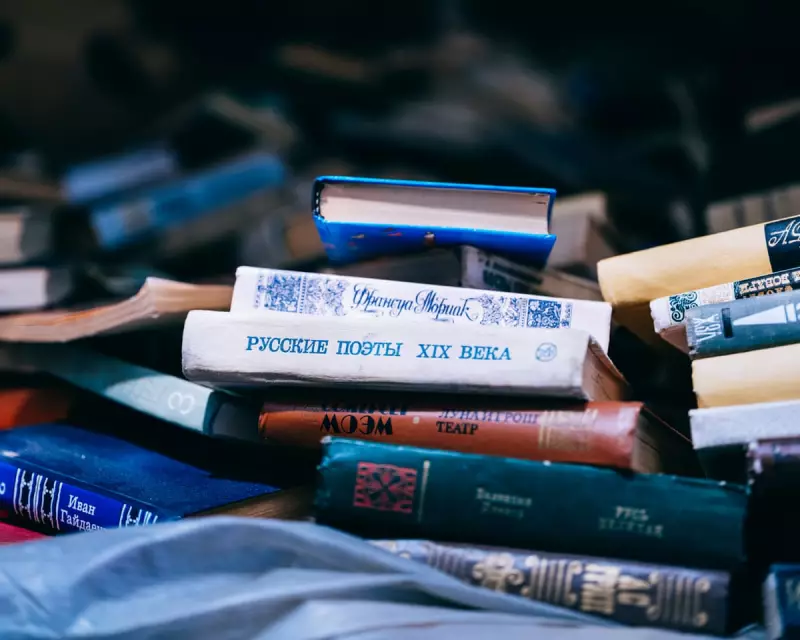
In a powerful act of cultural defiance, communities across Ukraine are undertaking a massive clearance of Russian-language literature from public and school libraries. This grassroots movement represents a profound societal shift, as the nation seeks to sever linguistic and cultural ties with its aggressor.
A Nation Reclaiming Its Cultural Identity
Since the full-scale invasion began in 2022, what began as isolated initiatives has transformed into a coordinated national effort. Volunteers, librarians, and local authorities are working together to identify and remove books in Russian, replacing them with works in Ukrainian and other languages.
The scale of this operation is staggering. In the Lviv region alone, officials report that over 99% of Russian-language books have already been removed from educational institutions. This figure echoes across multiple regions, indicating a comprehensive cultural transformation.
From Classrooms to Public Spaces
The movement extends beyond school libraries into public spaces and even private collections. Many Ukrainians are voluntarily discarding Russian literature that once filled their homes, viewing it as a symbolic rejection of cultural imperialism.
Educational authorities have been particularly proactive, with some regions completing the removal of Russian books from schools as early as 2022. The process involves not just removal but careful replacement with Ukrainian translations and original works, ensuring access to world literature continues.
The Complex Debate
This cultural purge hasn't been without controversy. Some intellectuals and librarians express concerns about the potential loss of literary value and historical record. They note that many Russian-language books include works by authors critical of the Russian regime or representing minority voices.
However, the prevailing sentiment among most Ukrainians is that this represents a necessary step toward cultural sovereignty. As one librarian noted, "We're not burning books—we're carefully selecting what serves our educational needs and reflects our values."
Looking Toward a Ukrainian-Language Future
The movement reflects broader changes in Ukrainian society. Recent surveys show a dramatic increase in Ukrainian language use across all domains of life, from media consumption to daily conversation. This linguistic shift represents one of the most significant cultural transformations in modern European history.
As Ukraine continues to defend its sovereignty on the battlefield, this parallel cultural front may prove equally crucial in shaping the nation's future identity and independence.





